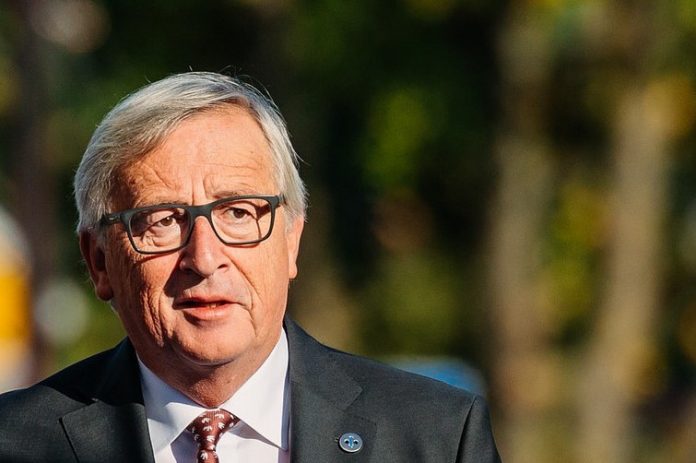The European Commission has proposed to create a Reform Support Programme and a European Investment Stabilisation Function for the next long-term EU budget 2021-2027.
Both are part of the broader agenda to deepen Europe’s Economic and Monetary Union and make use of the EU budget to strengthen the performance and resilience of our interdependent economies.
“The Economic and Monetary Union is first and foremost about improving the lives of all Europeans,” said Commission President Jean-Claude Juncker. “Today’s proposals are about making the Economic and Monetary Union the protecting and uniting force that it was conceived to be. The Commission is putting the EU budget at work to boost the performance, resilience and response capacity of all Member States, whether already in the euro or preparing to join. The euro is the currency of our Union – a strong and stable euro area is key to its members as well as to the EU as a whole.”
According to a Commission press release, the proposals build on the vision set out in the Five Presidents’ Report of June 2015, the reflection paper of May 2017 and the Commission’s roadmap for deepening Europe’s Economic and Monetary Union from last December with three principles at its core: unity, efficiency and democratic accountability.
The Reform Support Programme will support priority reforms in all EU member states, with an overall budget of €25bn. It comprises three elements: a Reform Delivery Tool, to provide financial support for reforms; a Technical Support Instrument, to offer and share technical expertise; and a Convergence Facility, to help member states on their way to joining the euro.
The European Investment Stabilisation Function will help stabilise public investment levels and facilitate rapid economic recovery in cases of significant economic shocks in member states of the euro area and those participating in the European Exchange Rate Mechanism (ERM II). Subject to strict criteria of sound macroeconomic and fiscal policies, loans of up to €30bn can be rapidly mobilised, together with an interest rate subsidy to cover their cost.
“Today we take the next steps towards completing Europe’s Economic and Monetary Union,” said Valdis Dombrovskis, Vice-President for the Euro and Social Dialogue, also in charge of Financial Stability, Financial Services and Capital Markets Union. “By fostering reforms at the national level and stabilising public investment during downturns, our proposals will reinforce the resilience of individual economies and the euro area as a whole. We also propose a dedicated instrument to support reforms in those Member States that are on their way to joining the euro. Our end goal is to achieve better living and social standards for all Europeans.”
In turn, Pierre Moscovici, Commissioner for Economic and Financial Affairs, Taxation and Customs, said the two proposals amount to one coherent whole, equipping the EU with new tools to both strengthen the cohesion of the euro area and to prepare for its future expansion. “They also combine the exercise of responsibility with the provision of solidarity, encouraging our Member States to reform while offering them financial support to ease that often difficult process. This is what the European Union must be about!”
According to the Commission, the proposals have been presented ahead of the inclusive Euro Summit on June 28-29 where EU leaders will meet with a view to taking decisions before the European parliament elections in 2019.

